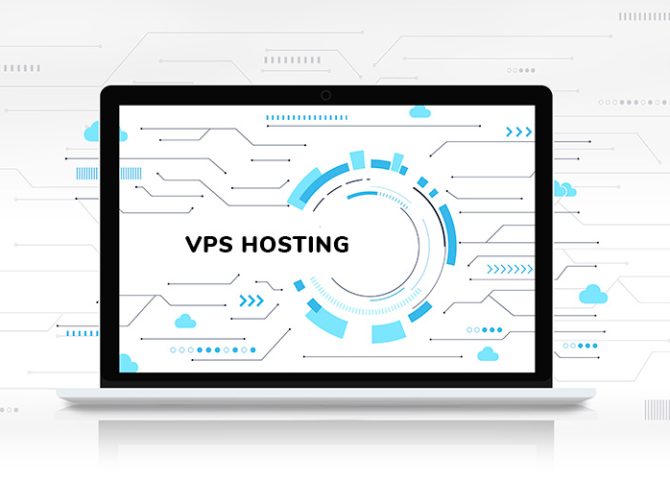Frequently Asked Questions (FAQ) – VPS Hosting
Virtual Private Server (VPS) Hosting is a type of web hosting that uses virtualization technology to create isolated virtual servers on a physical server. Each VPS operates independently with its own dedicated resources, providing more control and flexibility than shared hosting.
In VPS Hosting, a physical server is divided into multiple virtual servers, each with its own operating system, resources (CPU, RAM, storage), and configurations. This allows users to have greater control and customization without the cost of a dedicated server.
- Dedicated Resources: Each VPS has its own dedicated resources, ensuring consistent performance.
- Customization: Users have root access, allowing them to install and configure software as needed.
- Scalability: Resources can be easily scaled up or down based on the website’s needs.
- Isolation: Unlike shared hosting, activities on one VPS do not directly impact others.
VPS Hosting is suitable for websites with moderate to high traffic, businesses needing more control, and developers requiring a testing environment.
Dedicated Hosting provides an entire physical server exclusively for one user, offering the highest level of control. VPS Hosting shares a physical server but provides dedicated virtualized resources.
- VPS management is typically done through a control panel (e.g., cPanel, Plesk) or via command line (SSH). Users can install, configure, and manage software applications and server settings.
- Yes, most VPS hosting providers offer scalable plans, allowing you to upgrade resources such as CPU, RAM, and storage as your website grows.
VPS supports various operating systems, including Linux distributions (e.g., Ubuntu, CentOS) and Windows Server editions. The choice depends on your specific requirements and preferences.
VPS Hosting is more secure than shared hosting due to isolated environments. However, users are responsible for implementing security measures such as firewalls, regular updates, and secure authentication.
VPS Hosting is a form of traditional hosting where resources are allocated from a physical server. Cloud Hosting uses a network of virtual servers across multiple physical servers, offering more scalability and flexibility.
RECENT POST
Popular Posts








